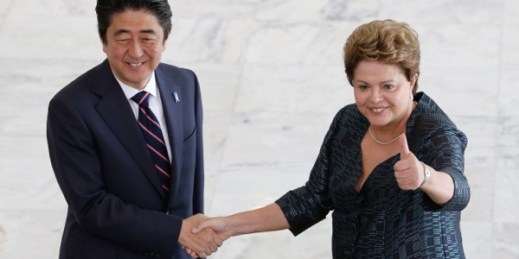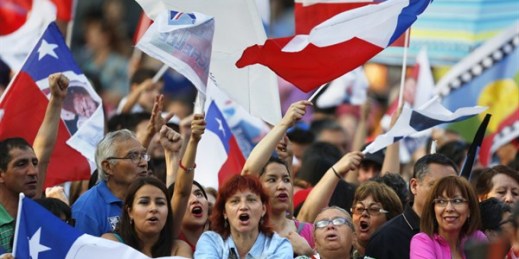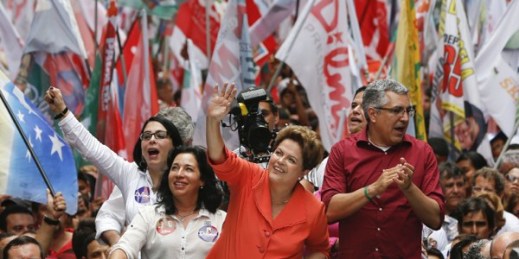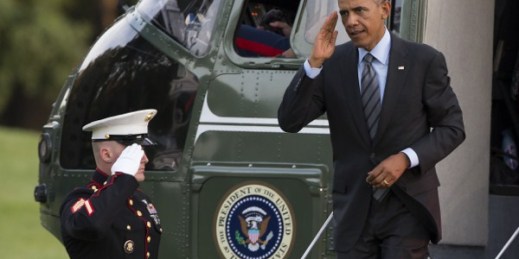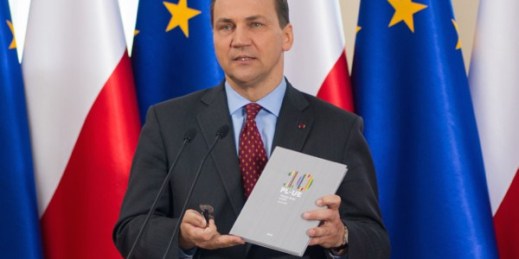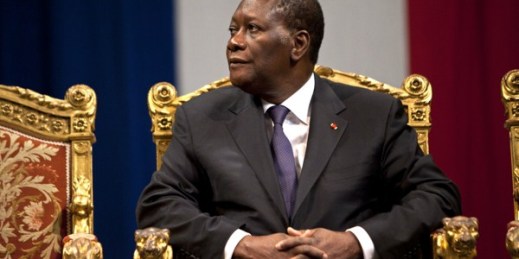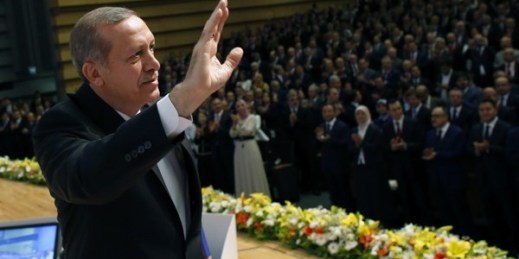
In 1998, the United Nations held a General Assembly Special Session on the World Drug Problem, with the now-infamous aim to achieve “a drug-free world” by 2008. With preparations underway for a similar session in 2016, there is growing international momentum toward more humane and realistic policies. But one key player in counternarcotics, Turkey, is heading in the opposite direction. On Sept. 23, Turkish Prime Minister Ahmet Davutoglu and Health Minister Mehmet Muezzinoglu issued a joint statement declaring a new war on drugs, with the objective of eradicating drug use in Turkey by 2023. Davutoglu stressed the similarities between the […]


